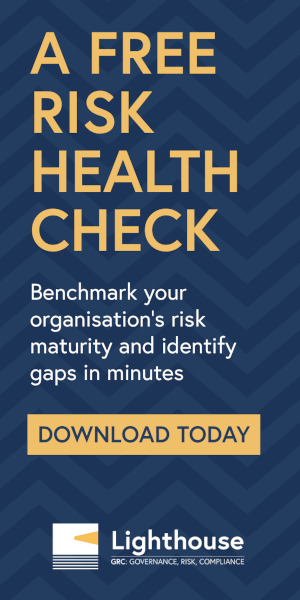POST (Parliamentary Office of Science and Technology)
|
|
Food, diet, nutrition and cancer
This POSTnote summarises associations between diet, nutrition and cancer. It describes the dietary and nutritional factors associated with cancer risk, and interventions for cancer prevention.
Documents to download
DOI: https://doi.org/10.58248/PN718
It has been estimated that nearly 40% of cancer cases in the UK are currently preventable, caused by known, modifiable risk factors such as the food we eat and what we drink.
There is convincing evidence that overweight and obesity, processed meat consumption and drinking alcohol are associated with increased cancer risk. Evidence also suggests that other factors, including insufficient dietary fibre and high red meat consumption are associated with higher cancer risk. Diet and nutrition play an important role in health following cancer diagnosis.
Suggestions have been made that overweight and obesity could overtake smoking as the greatest cause of preventable cancers in UK women by 2043.
Identifying dietary and nutritional causes of cancer can be challenging. There are several opportunities to employ new technologies and methods to more accurately find and quantify these associations.
Public health interventions to improve diet and nutrition may reduce the burden of diet and nutrition associated cancers. Suggested interventions include those which aim to inform, educate, and provide support for people to eat a healthy, balanced diet, as well as interventions which aim to modify food environments, making healthy choices the default.
Key Points
- Nearly 1 in 2 people in the UK will be diagnosed with cancer at some point in their life with cancers causing around a quarter of all deaths in the UK.
- Public awareness around cancer risk factors varies. For example, around 1 in 10 participants in a September 2023 survey mentioned overweight or obesity as being associated with increased cancer risk.
- There are challenges in the epidemiological research used in reporting direct causal associations between food, diet, nutrition and cancer. New research methods and technologies could offer better means of accurately investigating the links between diet, nutrition and cancer.
- UK dietary advice is explained in the UK Government Eatwell Guide (2016) and is based on independent advice from the Scientific Advisory Committee on Nutrition.
- There is also low adherence to UK Government dietary recommendations. A 2020 study found that fewer than 1 in 1000 UK adults surveyed adhered to nine recommendations from UK Government dietary guidance.
- Preventing diet and nutrition related cancers is complex. Stakeholders have suggested that measures such as taxes, reformulation programmes, affordability interventions, food security policy and/or marketing restrictions, may be more effective in preventing diet and nutrition related cancers than public awareness-based approaches.
Acknowledgements
POSTnotes are based on literature reviews and interviews with a range of stakeholders and are externally peer reviewed. POST would like to thank interviewees and peer reviewers for kindly giving up their time during the preparation of this briefing, including:
Members of the POST Board*
Department of Health & Social Care*
Dr Sorrel Burden, University of Manchester
Cancer Research UK*
The Food Foundation*
Amy Glass, Food and Drink Federation
Dr Pek Kei (Becky) Im, University of Oxford*
Professor Tim Key, University of Oxford*
Professor Gunter Kuhnle, University of Reading*
Professor Sarah Lewis, University of Bristol*
Dr Fiona Malcomson, University of Newcastle*
Professor Richard Martin, University of Bristol*
Professor John Mathers, University of Newcastle*
Ms Fernanda Morales-Berstein, University of Bristol*
Dr Keren Papier, University of Oxford*
Dr Tammy Tong, University of Oxford*
Dr Ioana Vlad, World Cancer Research Fund*
Dr Kaitlin Wade, University of Bristol*
* Denotes people and organisations who acted as external reviewers of the briefing.
Documents to download
Original article link: https://post.parliament.uk/research-briefings/post-pn-0718/?_gl=1*134o22u*_up*MQ..*_ga*MTA4NDYxNTMwOC4xNzE0MDM4OTU5*_ga_R1S57P8GYR*MTcxNDAzODk4Mi4xLjAuMTcxNDAzODk4Mi4wLjAuMA..
 |
Academic Fellowships | Upcoming work | POST Publications | ||
|
|||||



